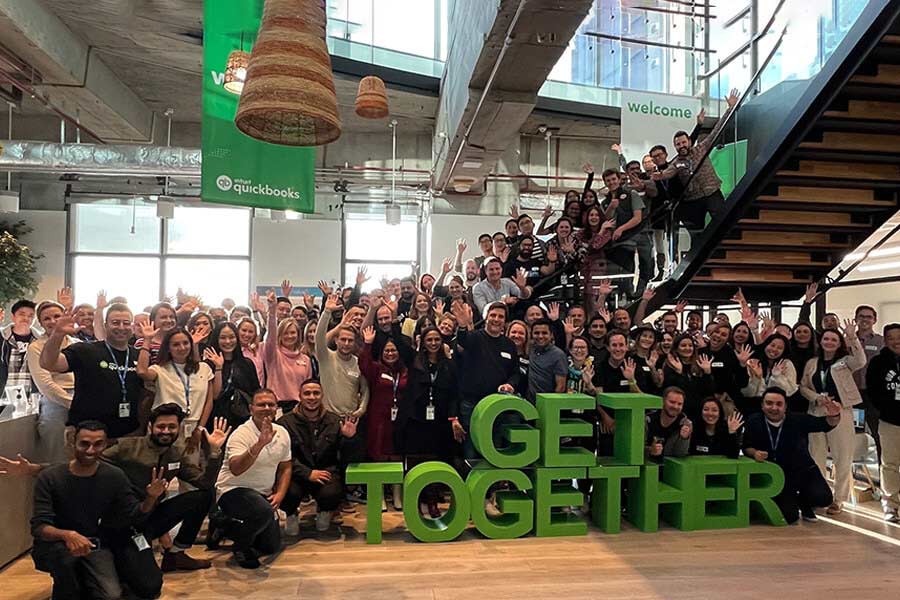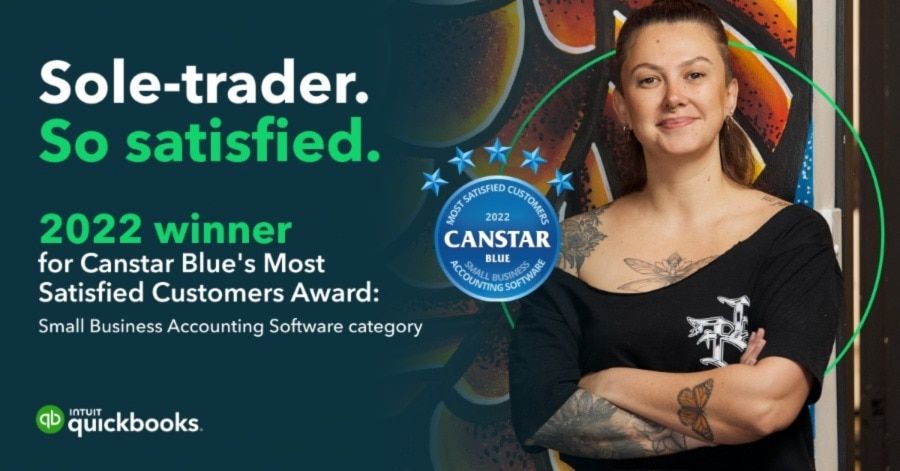Every business uses assets to generate revenue. Think of depreciation as a warning light that tells you the remaining value of the life of each asset. To understand depreciation, you’ll need to know what assets depreciate, common depreciation methods and the impact depreciation has on your financial statements.

What is depreciation and how is it calculated?
What is depreciation?
Depreciation is the decline in the value of a physical asset. As an asset depreciates, a portion of its value reclassifies into an expense account. Depreciation expenses don’t impact cash.
What are assets?
An asset is a resource you use to generate revenue for your business. Depreciation happens after using an asset to produce revenue and profits. The cost of an asset reclassifies to an expense account over the life of the asset. For example, when a truck reaches the end of its useful life, its entire value becomes a depreciation expense.
What is accrual accounting?
The accrual method matches revenue earned with the expenses incurred to generate revenue.
Depreciation matches the revenue assets generate with the expense that uses the asset. A landscaper who drives a truck is using an asset to generate plumbing revenue. Each year, the landscaper reclassifies a portion of the truck’s value to depreciation expense.
Total depreciation expense is the same, regardless of the depreciation method you use. A truck that costs $20,000 will generate $20,000 in depreciation expense, assuming the owner can’t sell it. The only difference in depreciation methods is in the timing of the expenses.
What is a depreciating asset?
When a company purchases an asset, management must decide how to calculate depreciation. Tangible (physical) assets depreciate, while you expense intangible assets using amortisation.
A patent, for example, is an intangible asset that a business can use to generate revenue. Most patents are only enforced for a number of years. As each year passes, a portion of the patent reclassifies to an amortisation expense.
Land improvements, such as landscaping costs, depreciate. However, the land itself does not depreciate.
Common depreciation factors
Let’s assume a landscaping company purchases a truck. The company can use several factors to determine the truck’s depreciation expense.
Useful life: The number of years for which the company will use the asset.
Salvage value: The dollar amount the company can sell the asset for at the end of its useful life. In many cases, the salvage value is zero.
Depreciable base: The total cost that can depreciate over the asset’s useful life. Calculate the depreciable base by subtracting the cost of the asset by its salvage value. The formula follows:
Cost of the asset – salvage value = depreciable base
Depreciation schedule: The schedule lists the dollar amount of depreciation per year based on the factors listed and the depreciation method.
Common depreciation methods
The depreciation method you choose should relate to how you use the asset to generate revenue.
If you use the asset heavily in its early years, you should choose a depreciation method that posts more expenses in the early years. If you expect to use an asset at the same rate year after year, the annual depreciation expense amount is fixed.
There are two common depreciation methods in Australia:
- Straight-line (Prime Cost)
- Diminishing Value
How to calculate depreciation
Calculating depreciation is a two-step process. First, determine an asset’s useful life, salvage value, and original cost. Then select a depreciation method that aligns best with how you use that asset for the business.
The straight-line depreciation method
The straight-line method is the most common type of depreciation. The straight-line depreciation formula requires the same amount of depreciation expense each year.
Let’s say you need to determine the depreciation of a delivery truck. The truck costs $30,000. It has a salvage value of $3,000, a depreciable base of $27,000, and a five-year useful life.
To find the annual depreciation expense, divide the truck’s depreciable base by its useful life to get $5,400 per year. You find you can sell the truck for $3,000 after five years because you subtracted the cost of the truck from its depreciable base.
The diminishing value depreciation method
The diminishing value method posts more depreciation expenses in the early years of an asset’s useful life. The diminishing value method is an accelerated depreciation method because expenses post more in their early years and less in their later years. This method computes the depreciation as a percentage and then depreciates the asset at twice the percentage rate.
Let’s say you need to determine the depreciation of a van using the diminishing value method. The van costs $25,000. It has a salvage value of $3,000, a depreciable base of $22,000, and five-year useful life. The straight-line depreciation method would show a 20% depreciation per year of useful life. The diminishing value method would show a 40% depreciation rate per year.
Low-value assets (pool)
You can calculate the depreciation of certain low-cost and low-value assets by allocating them to a low-value pool and depreciating them at a set annual rate.
A low-cost asset is one that costs less than $1,000 after deducting any GST credits you’re entitled to claim.
A low-value asset is an asset that has depreciated over one or more years and now has a written-down value of less than $1,000, but only if you’ve previously worked out deductions for it using the diminishing value method.
A low-value pool is started when you first choose to allocate a low-cost or low-value asset to it.
Once you choose to create a low-value pool and allocate a low-cost asset to it, you must pool all other low-cost assets you start to hold in that income year and in later income years. However, for your low-value assets (that is, assets written down to a value of less than $1,000), you can decide whether to allocate them to the pool on an asset-by-asset basis.
Once you’ve allocated an asset to the pool, it must remain there.
Depreciation of all the assets in the low-value pool is calculated at the annual rate of 37.5%.
How your depreciation method affects your income taxes
The type of depreciation you use impacts your company’s profits and tax liabilities. Accelerated depreciation methods, such as the diminishing value method, generate more depreciation expenses in the early years of an asset’s life. As a result, the tax deduction for depreciation is higher, and the net income is lower.
Business owners may have a larger write-off for depreciation in the early years, but the situation reverses later. The diminishing value method recognises less depreciation in the later years of an asset’s useful life. The lower depreciation expense creates a higher tax liability. Depreciating an asset using the straight-line method generates the same amount of depreciation expense each year.
You’ll need to understand how depreciation impacts your financial statements.
Journal entries for depreciation
Let’s assume that a landscaping company is posting depreciation entries for a truck using the straight-line depreciation method. The truck costs $25,000. It has a salvage value of $3,000, a depreciable base of $22,000, and a five-year useful life.
To find the truck’s annual depreciation, divide the truck’s depreciable base by its useful life. The truck’s annual depreciation is $4,400. In the journal entry for the truck’s first year, the debit depreciation expense and the credit accumulated depreciation are $4,400.
The journal entry increases the depreciation expense and accumulated depreciation, also known as an asset account. Each asset account should have an accumulated depreciation account, so you can compare its cost and accumulated depreciation to calculate its book value.
While asset accounts increase with a debit entry, accumulated depreciation is a contra asset account that increases with a credit entry. This format is useful because the balance sheet will subtract each asset’s accumulated depreciation balance from its original cost.
The financial statement shows that the business has “used up” $4,400 of the truck’s value by the end of its first year. At the end of its fourth year, the truck’s accumulated depreciation balance is $17,600, or $4,400 multiplied by four years. Based on the numbers, you can see that the truck is nearing the end of its useful life.
Understanding depreciation can help you improve the planning process
Properly accounting for depreciation helps you plan for asset purchases. Posting depreciation helps you monitor the current status of your fixed assets. To determine when you must replace assets, review each fixed asset’s detailed listing.
You can use Intuit QuickBooks to track depreciation using any depreciation method. An accounting solution can help you make more informed decisions to grow your business with confidence.
Related Articles
Looking for something else?
Stay up-to-date with the latest small business insights and trends!
Sign up for our quarterly newsletter and receive educational and interesting content straight to your inbox.
Want more? Visit our tools and templates!













_resized900x600.jpg)

